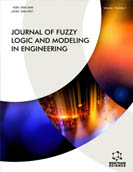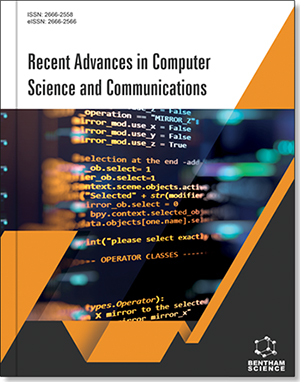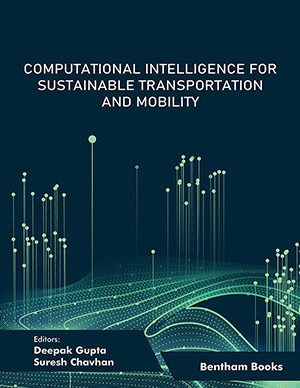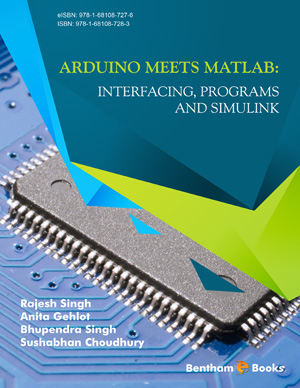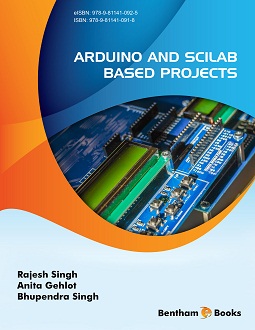Abstract
High performance compute clusters have been used in recent years to tackle hard problems in the domain of cryptography and breaking many encryption algorithms. Integer factorization is a hard mathematical problem which forms the basis of many public key cryptographic schemes such as the RSA algorithm. To date the largest integer factored is about 200 digits long. This factorization was made possible by use of distributed computing and use of clusters. We present results of our work on setting up single server image clusters using Kerrighed Single System Image based cluster. We have attempted to use a number of factoring algorithms and their well-known implementations. Our clustering recipes and results shall be useful to others who are planning to setup Linux clusters for high-performance computing.
In this contribution we also provide the current state of open source Linux based clustering solutions. A challenging reality is that many open source clustering projects are simply dying a slow or fast death. These include OpenMosix and even OpenSSI. Other open source clustering projects too have been very slow with releases. Open source clustering software projects exhibit paradoxical trends. Commercial software was donated by a vendor as a seed for open source cluster software community (HP/Compaq TruClusters as a seed for OpenSSI). Mosix on the other hand went from open source software project to commercial product after its initial success on Linux platform. Very recently the open source community of Mosix (completely distinct from the Mosix product) functioning as OpenMosix for several years has now declared the project going to be defunct soon citing the appearance of multiple core CPUs as one major reason for it. In this contribution we hope to identify the promising high performance clustering toolkit for the next few years to come.

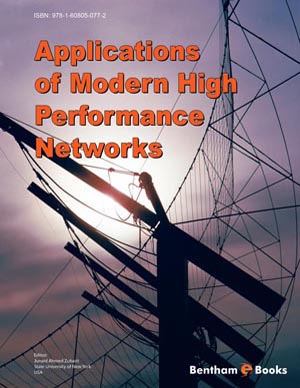
 Download PDF Flyer
Download PDF Flyer


